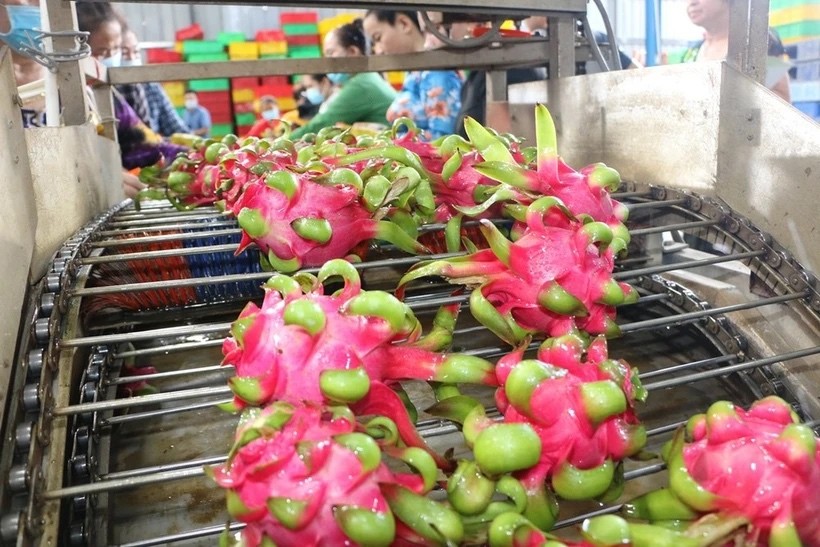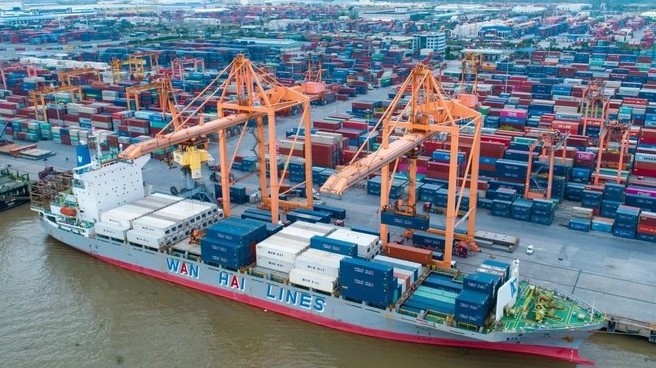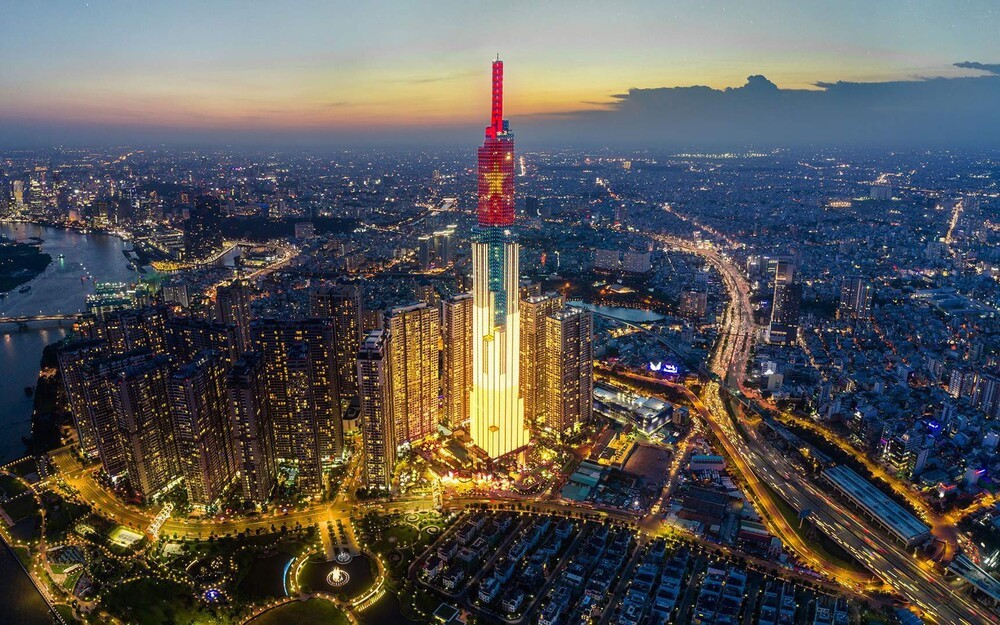Vietnam’s industrial property attractive to FDI enterprises
Vietnam’s industrial real estate market has been becoming a magnet for foreign direct investment (FDI) enterprises thanks to robust growth of macro-economy.
Growing FDI coupled with a move up in the value chain has shaped a promising future for Vietnamese industrial property, according to Troy Griffiths, deputy managing director at property consultant Savills Vietnam.
“We see a lot of FDI into manufacturing from Japan, the Republic of Korea, Singapore, and Thailand”, he said.
The country secured up to USD 35.6 billion in FDI in 2017, a year-on-year surge of 44.4 percent, with Japan the biggest contributor with USD 9.11 billion. Manufacturing and processing FDI made up 44.2 percent of the total.
| ||
| Vietnam’s industrial real estate market has been becoming a magnet for foreign direct investment (FDI) enterprises. Photo: tapchitaichinh.vn |
The Vietnamese Government wants to move beyond a low-wage economy and is targeting growth in high-tech manufacturing, renewable energy, and smart city projects, he said.
In that context, the industrial property market will continue to be thriving; however, improvements in business climate should be put in place to lure more foreign investors. Besides, skilled laborers serving the purpose of expanding logistics and production sectors will ensure better productivity and competitive capacity in the years to come.
Real estate experts said that there was a radical change in the logistics segment. Involvement of more foreign firms means a shift in approaching methods in a more strategic manner. In addition, international third party logistics companies are becoming more active in Vietnam, and will drive demand for larger modern facilities.
The Government has invested heavily in the infrastructure; however, more works need to be done, said Griffiths.
Furthermore, the rise in e-commerce means that “last mile” fulfillment has significant potential, and demands will increase for well-located warehouses on central business district boundaries, and near major city arterial routes.
Warburg Pincus, which has announced a partnership with Vietnamese state-owned builder Becamex IDC, is seen as one of the pioneers in the Vietnam’s logistics sector. The company will invest USD 200 million in BW Industrial Development Joint Stock Company to develop modern logistics facilities, and industrial property across the nation.
Jeffy Perlman, managing director, and head of the Southeast Asia of Warburg Pincus, stressed that with the transformative shift of the manufacturing base from markets like China to Vietnam as well as with the rapid rise of domestic consumption, the logistics and industrial real estate market in Vietnam is at an inflection point for outsized growth./.
( VNF/VNA )
Recommended
 National
National
Vietnam News Today (May 4): Vietnam, Sri Lanka Deepen Traditional Friendship, Comprehensive Cooperation
 National
National
Vietnam News Today (May 3): Vietnam And Kazakhstan to Elevate Relations to Comprehensive Partnership
 National
National
Vietnam News Today (May 2): Overseas Vietnamese Help Vietnamese Products Go Global
 National
National
Vietnam News Today (May 1): Vietnam to Become Second-Largest Economy in Southeast Asia by 2036
Popular article
 National
National
General Secretary Le Duan: Great Architect of National Reunification
 National
National
Vietnam News Today (Apr. 30): Grand Parade Marks 50 Years of Liberation of South and National Reunification
 National
National
Vietnam News Today (Apr. 29): People-to-people Exchange Deepens Vietnam-Cuba Special Friendship
 National
National




